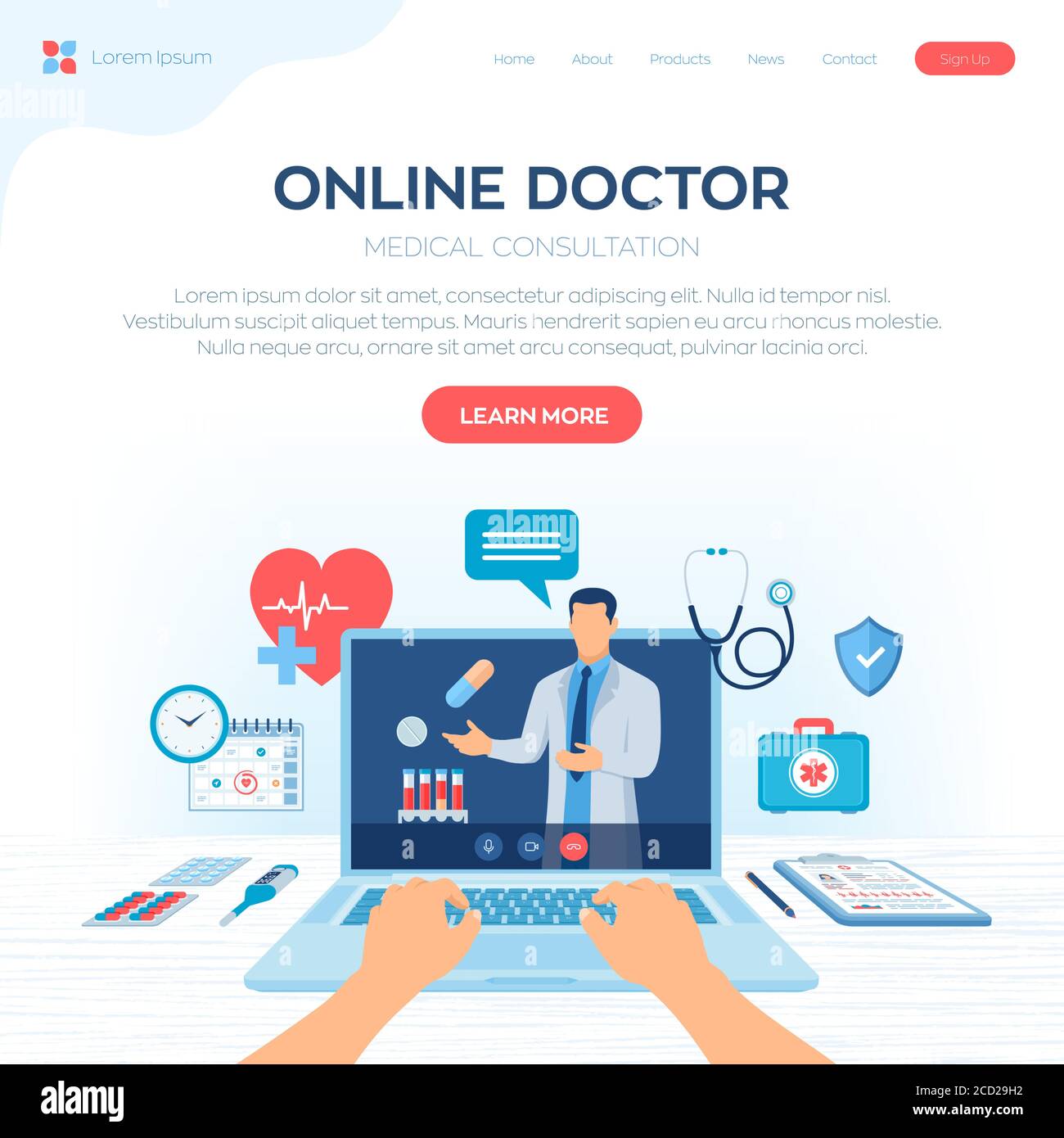Subscription Based Healthcare: Changing the Method We Consider Health
Wiki Article
Understanding the Cost-Effectiveness of Subscription-Based Healthcare Models
As the healthcare landscape evolves, subscription-based models arise as an engaging choice, guaranteeing to redefine just how people manage medical expenses. Evaluating these designs' cost-effectiveness requires a nuanced contrast with conventional insurance policy, thinking about both monetary ramifications and client contentment.Review of Subscription-Based Versions
Subscription-based medical care designs, occasionally described as straight medical care or concierge medicine, are significantly gaining interest as a potential service to inadequacies within typical medical care systems. These versions operate the principle of offering patients direct access to doctor with a regular monthly or annual cost, bypassing the need for typical insurance coverage systems. This arrangement intends to improve patient-provider communications by decreasing management concerns, which often impede timely and personalized care.At the core of subscription-based versions is the emphasis on a much more personalized individual experience. People take advantage of boosted accessibility to their doctors, frequently including next-day or same-day visits, extended examination times, and straight communication channels such as phone or video calls. This design cultivates a proactive technique to medical care, where service providers and people can collaboratively concentrate on preventative care and persistent condition monitoring.

Expense Contrast With Typical Insurance Policy

One of the primary economic benefits of membership models is openness in expenses. Conversely, typical insurance policy may be more beneficial for individuals calling for specialized care or expensive therapies not covered under a membership version, as they profit from the broader insurance coverage network and cost-sharing devices.
Nevertheless, cost-effectiveness is context-dependent. While registration designs could provide financial savings for those mainly requiring primary care, people with chronic conditions or specialized medical care needs may find conventional insurance a lot more thorough. For that reason, assessing specific healthcare requirements and prospective use is vital in establishing the most economical option for individuals.
Influence On Person Fulfillment
Individual contentment within subscription-based healthcare models typically shows a considerable improvement over standard insurance policy systems. This improvement is largely connected to the individualized treatment and accessibility these versions supply. Patients often report higher fulfillment because of minimized wait times and the simplicity of scheduling appointments. Unlike traditional systems, where patients go to this website could experience delays in receiving treatment, subscription-based versions make certain even more direct and timely company website communications with doctor.In addition, the openness in expenses associated with subscription-based medical care eases the common frustrations connected to unexpected fees and intricate invoicing procedures seen in conventional insurance (subscription based healthcare). Individuals appreciate understanding the exact monetary dedication upfront, resulting in raised depend on and self-confidence in their health care monitoring
Additionally, the focus on preventive care and health in subscription designs adds to improved health and wellness end results, further improving person complete satisfaction. By concentrating on ongoing health and wellness upkeep instead of episodic treatment, people experience a more alternative and continual health care trip.
Furthermore, the enhanced provider-patient connection fostered in these designs, identified by even more time invested per patient and individualized focus, plays an essential function in raising person contentment degrees, as clients feel truly looked after and comprehended.
copyright Experiences and perspectives
From the company's perspective, subscription-based medical care versions supply a transformative approach to supplying clinical services. These designs stress a aggressive and preventative healthcare technique, allowing suppliers to concentrate on detailed individual treatment without the restrictions of conventional fee-for-service plans (subscription based healthcare). This shift in focus usually causes enhanced client outcomes and increased service provider complete satisfaction, as healthcare specialists can allot more time and sources to person interaction and customized care strategiesAdditionally, membership models promote predictable revenue streams, which boost economic security for medical care suppliers. This predictability permits enhanced resource preparation and allowance, contributing to a much more efficient medical care delivery system. Providers can purchase personnel training, technology, and framework improvements, consequently enhancing the high quality of treatment provided.
Nevertheless, the shift to subscription-based designs is not without challenges. Regardless of these hurdles, many service providers find that the benefits of increased individual communication and structured procedures surpass the first obstacles, making find this subscription-based designs an appealing choice.
Future Potential Customers and Difficulties

A primary obstacle is regulative compliance, as registration designs should abide by progressing health care plans and insurance policy demands. This necessitates continual adaptation and innovation to make certain positioning with lawful requirements. Additionally, incorporating these models right into existing healthcare frameworks can be complicated, calling for considerable investments in technology and training.
There is likewise the potential danger of creating inequities in health care gain access to, as registration designs could favor those that can manage them, leaving susceptible populaces underserved. Addressing this needs thoughtful factor to consider of pricing methods and subsidy systems to make certain inclusivity.
Conclusion
Subscription-based medical care versions offer a viable alternative to traditional insurance by offering economic predictability and transparency, particularly profiting individuals with chronic conditions or regular medical care needs. The cost-effectiveness of these designs is contingent upon private health care usage patterns and circumstances.Subscription-based healthcare versions, occasionally referred to as straight main care or concierge medication, are significantly obtaining interest as a prospective service to inadequacies within conventional healthcare systems. Unlike conventional systems, where clients may experience hold-ups in obtaining care, subscription-based versions make sure more prompt and straight interactions with healthcare companies.
These models stress a preventative and aggressive health care technique, permitting suppliers to focus on comprehensive person care without the restraints of conventional fee-for-service arrangements. As these versions continue to obtain traction, they supply the prospective to revolutionize person access to care, simplify service distribution, and enhance medical care spending.Subscription-based health care versions provide a sensible option to typical insurance coverage by supplying monetary predictability and openness, particularly profiting individuals with chronic problems or frequent medical care demands.
Report this wiki page